Exhibition - San Diego Comic Con Museum: Excelsior! The life and legacy of Stan Lee, an immersive exhibition
By Mulder, San Diego, Comic-Con Museum, 18 july 2023
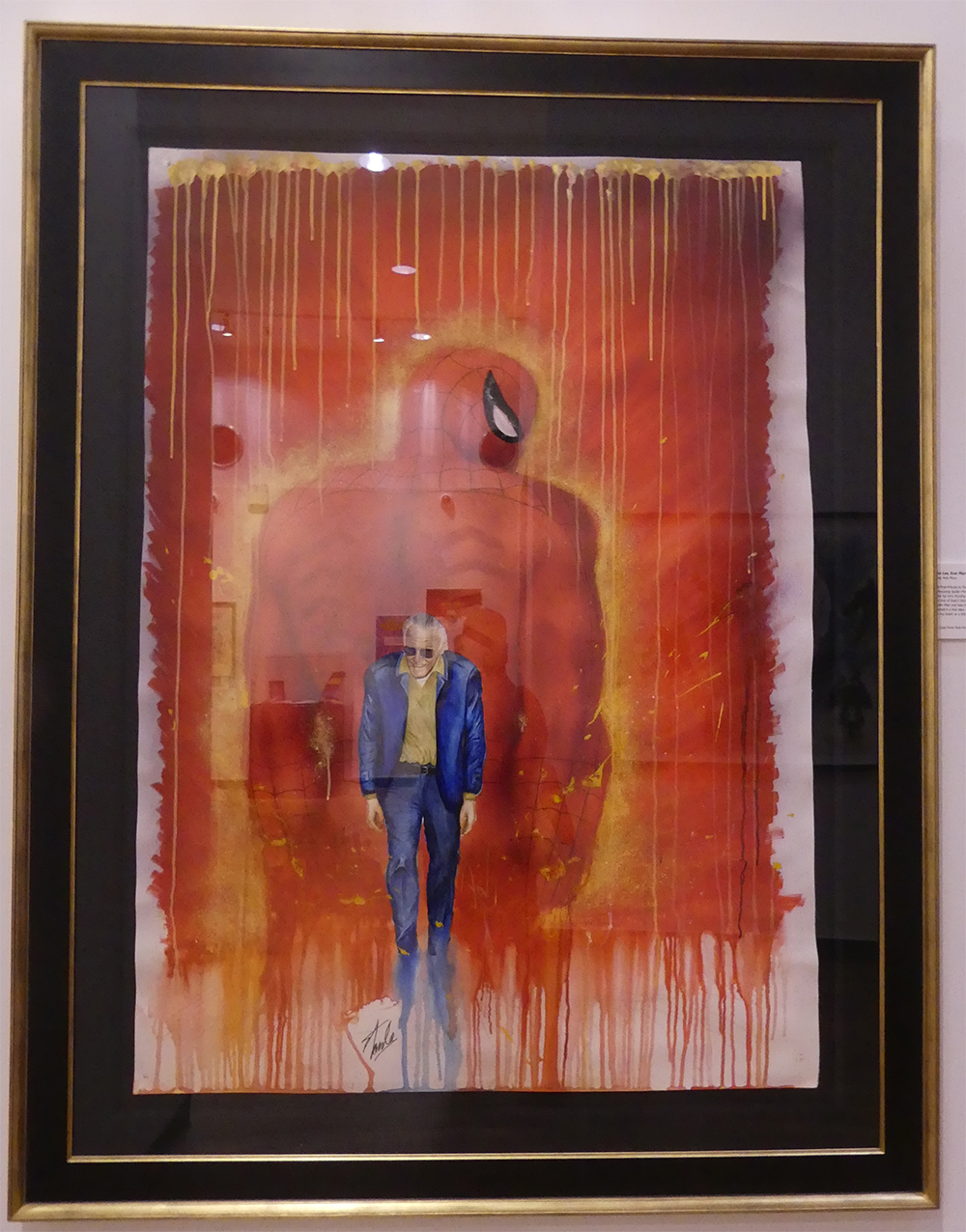
This year, the Comic-Con Museum and Kartoon Studios, the Stan Lee Universe intellectual property control partner, present a groundbreaking exhibition to celebrate his 100-year legacy. The exhibition will feature rare comics, original artwork and paintings exploring decades of Lee's work, as well as a section devoted entirely to Lee's co-creators from the Marvel universe, including Jack Kirby, Steve Ditko and other amazing co-creators.
The exhibition was conceived by the Comic-Con Museum, Michael Uslan, creator and executive producer of the Batman film franchise, and David Uslan, both consultants for Kartoon Studios' Stan Lee Universe project. Artwork will include previously unseen items donated by auction houses and private collectors, including Heritage Auctions, DC Comics, Metropolis Comics, Gary Stiffelman, Dr. Michael Vassallo, Michael E. Uslan, Rob Prior, Danny Fingeroff, Benjamin LeClear, Mark Yturralde and Funko
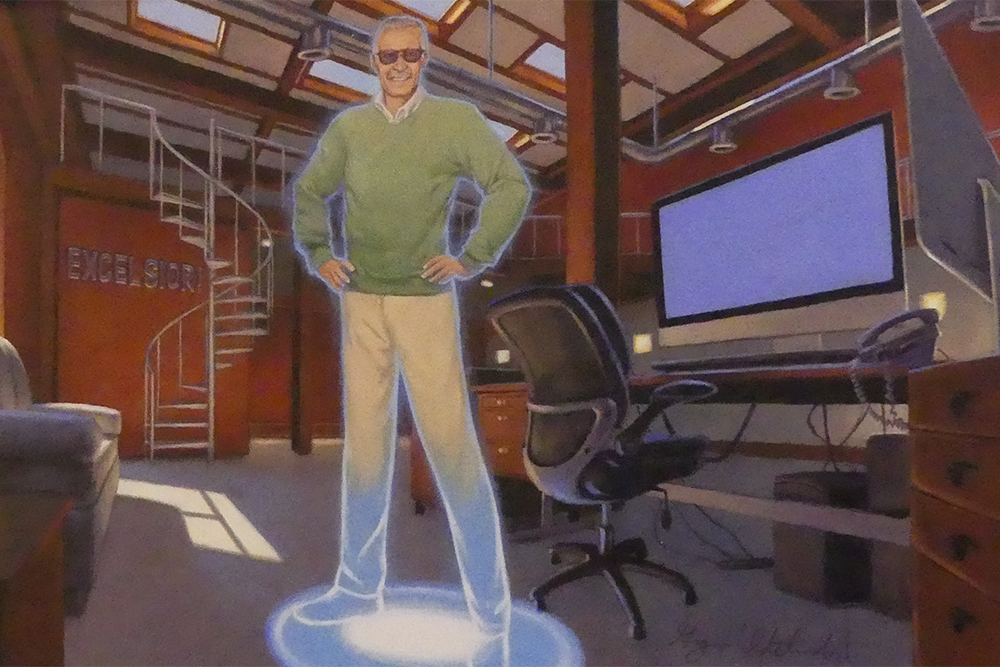
Stan Lee, the legendary comic book writer, editor, and publisher, had a profound impact on both the comics and cinema universes. His creative vision, innovative storytelling, and the iconic characters he co-created revolutionized the industry and left an indelible mark on popular culture. Let's delve into the significant contributions he made and the lasting legacy he left behind.
Stan Lee, born Stanley Martin Lieber on December 28, 1922, began his career in the comic book industry in the 1940s. His first major breakthrough came in the 1960s when he co-created the Fantastic Four with artist Jack Kirby. This superhero team was unlike any other at the time. They were flawed, relatable characters who faced personal and emotional struggles while battling supervillains. This approach to storytelling, known as the "Marvel Method," introduced a new level of depth and realism to comics.
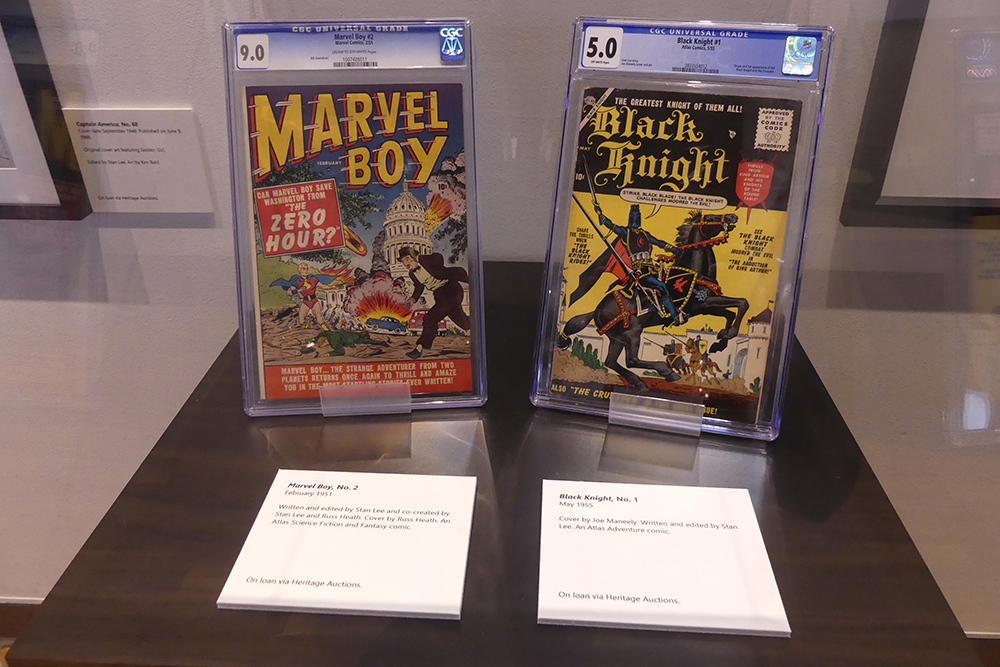
Lee's collaboration with Kirby and other talented artists resulted in the creation of numerous iconic characters, including Spider-Man, the Hulk, Iron Man, Thor, the X-Men, Black Widow, and Daredevil, among others. These characters were flawed, complex, and grounded in reality, making them relatable to readers. Unlike the flawless and godlike superheroes of the past, Lee's characters grappled with personal issues, moral dilemmas, and societal challenges, reflecting the complexities of the real world.
One of Lee's greatest strengths was his ability to infuse his stories with social commentary. He fearlessly tackled issues such as racism, discrimination, and war, using his characters as metaphors for real-world struggles. The X-Men, for example, were mutants who faced persecution and prejudice, mirroring the experiences of marginalized groups. Lee's approach resonated with readers and elevated the medium of comics, showcasing their potential for storytelling with depth and meaning.
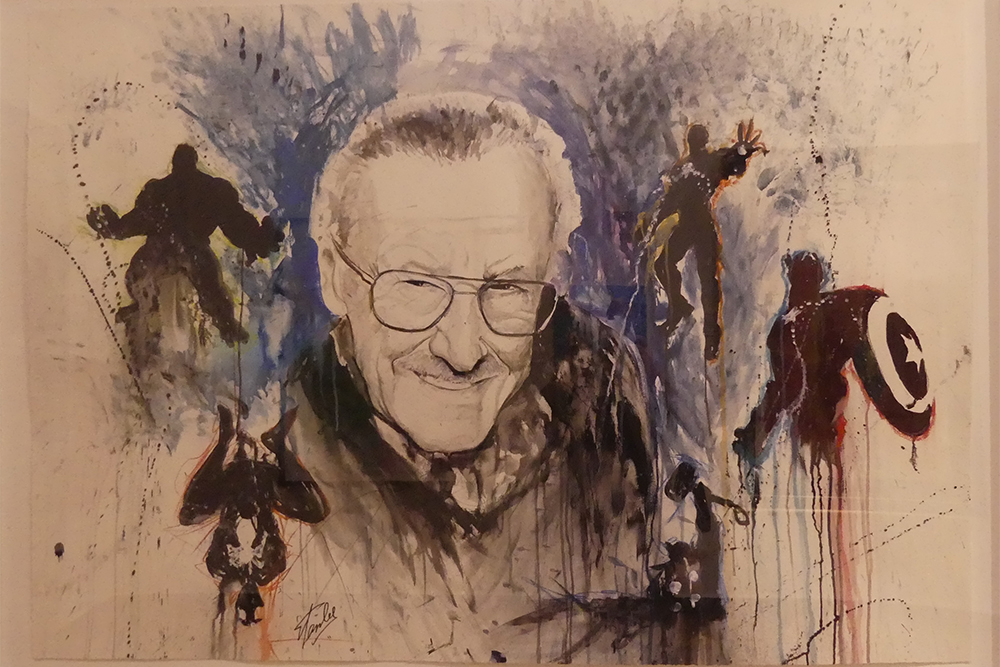
Lee's impact extended beyond the pages of comic books. In the early 2000s, a series of successful superhero films, starting with "X-Men" and "Spider-Man," ignited the superhero movie genre and laid the foundation for the Marvel Cinematic Universe (MCU). Lee, with his cameos in nearly every Marvel film, became a beloved figure to both comic book enthusiasts and moviegoers worldwide. His appearances not only paid homage to his co-creations but also served as a unifying thread, reminding audiences of the interconnectedness of these superhero stories.
Under Lee's guidance as Marvel's editor-in-chief and later publisher, the company experienced unprecedented success. Marvel's innovative storytelling, complex characters, and interconnected narrative universe set them apart from other publishers. This approach eventually led to the creation of the MCU, a shared cinematic universe that brought together superheroes from different franchises and introduced audiences to a new era of interconnected storytelling.
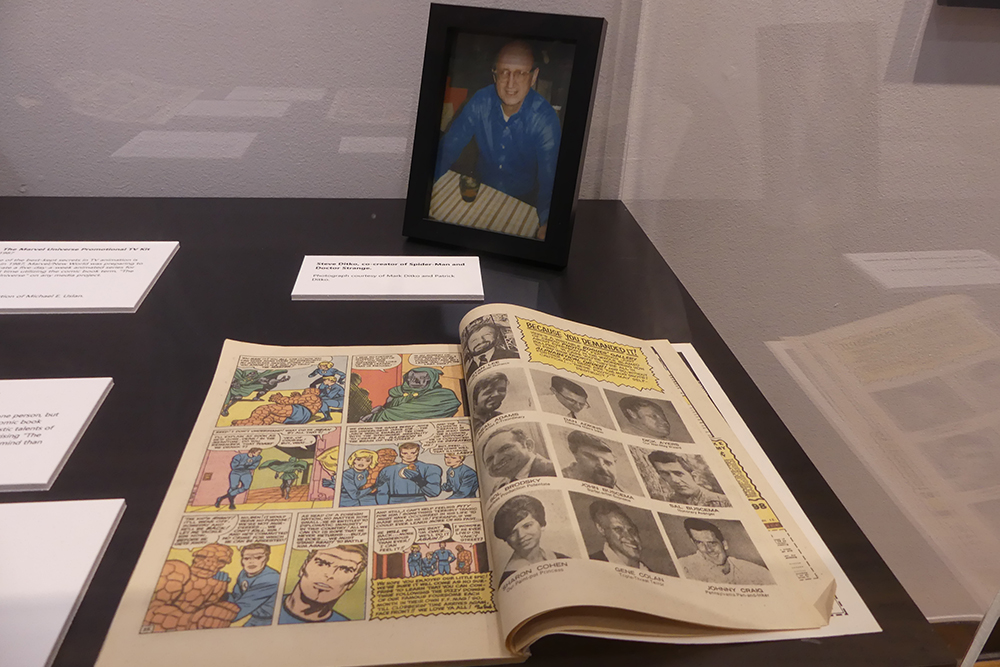
The MCU's impact on cinema cannot be overstated. It redefined the way superhero films were made and consumed, with interconnected storylines, post-credit scenes, and a cohesive narrative spanning multiple movies and television series. The success of films like "Iron Man," "The Avengers," and "Black Panther" demonstrated the broad appeal and box office potential of the superhero genre, inspiring countless other studios to pursue similar shared universes.
Stan Lee's vision and passion for storytelling have left an indelible mark on popular culture. He elevated the art of comic book writing by introducing flawed, relatable characters and addressing real-world issues. His creations transcended the pages of comics and reshaped the landscape of cinema, influencing the way superhero stories are told and inspiring a new generation of fans, writers, and filmmakers.
While Stan Lee sadly passed away on November 12, 2018, his legacy lives on through the enduring characters and stories he co-created. The impact of his work continues to resonate with audiences, and his contributions to the comics and cinema universes will forever be remembered as a testament to his creativity, innovation, and the power of storytelling. This must-see exhibition pays tribute to him, and we recommend that you visit it now.
You can discover our photos on our Flickr page
Photos et video : Boris Colletier / Mulderville

